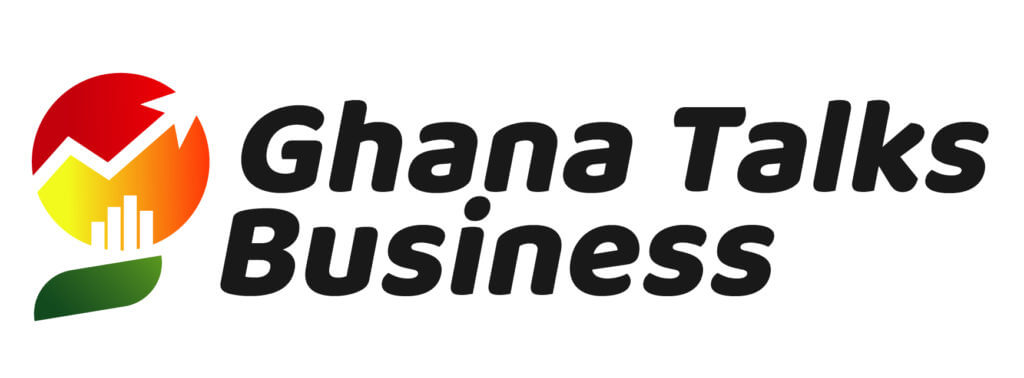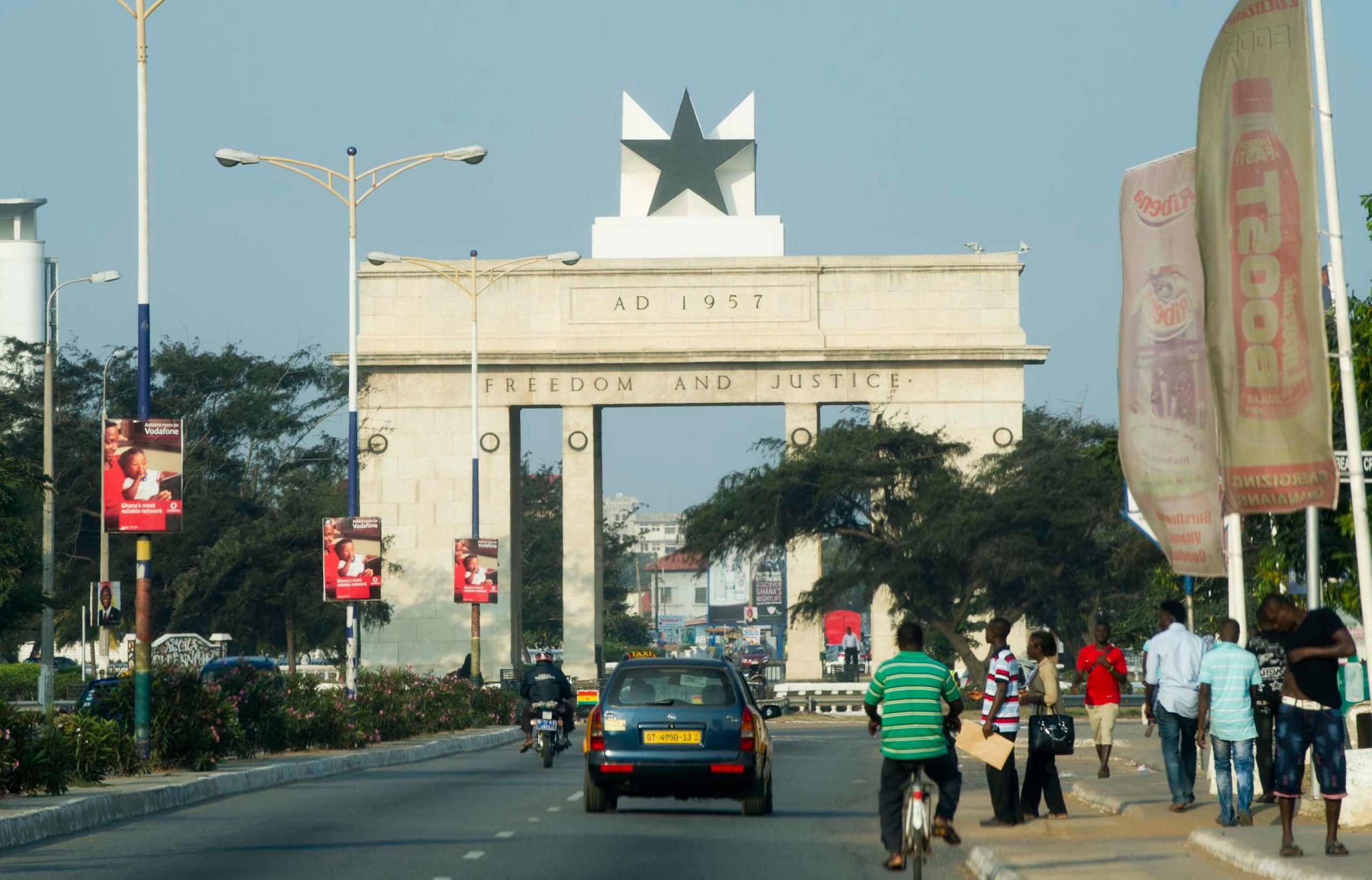The private sector is known to be the main driver of economies. Countries that have stayed true to this mindset have reaped the benefits.
This does not seem to be the case with Ghana, which still has a lot to do in that regard. The feel of Ghana’s budgets seems to tilt more towards taxing to raise revenues for the nation’s development. The argument here is that if, government puts in more effort to develop the private sector, raising revenues through tax would consequently get a boost.
This is not to spew out aversion for tax, but that the horse should be placed in front of the cart.
Why taxes are inadequate for building Ghana
Ghana’s economy can be divided into two broad areas, namely the formal and informal sectors. 86% of the country’s workforce is employed in the informal sector, leaving just 14% of the workforce in the formal sector.
Since the formal sector is more structured, the government is able to mobilize revenues easily from this sector, however, that cannot be said of the informal sector. Tax avoidance and evasion is very widespread in this sector. It is estimated that over $45 million in potential tax revenue from the informal sector is lost each year.
Given this tremendous loss, the government is losing out immensely, and without a proper structure to mobilize funds from the informal sector, we find the government increasing tax which places further burden on the small tax-paying sector of workforce and businesses. This is leading to business contraction and an overall economic downturn. Consequently, there is a vicious cycle of inadequate revenues, therefore squeeze more from the tax payer, and then eventually the tax payer collapses, which further reduces the tax revenues.
However if the government develops the private sector, the tax net is widened, leading to higher revenues. Government can then ease the tax burden, which will in turn act as a stimulus for businesses. The vicious cycle would now be inverted.
ANOTHER READ: Budget 2021: The new taxes and what it means to your pocket
I contend that for a nation to try to tax itself into prosperity is like a man standing in a bucket and trying to lift himself up by the handle.
Winston Churchill
Private sector boost and revitalization
The private sector is the key to building the nation and thus requires revitalization and a boost. The government can do this by;
A. Value Chain Integration
This is a step-by-step business model in which multiple firms within a niche market cooperatively plan, implement, and manage the flow of goods, services, and information from point of origin to point of consumption.
Using rice production as an illustration for the value-chain integration, the government of Ghana must partner with the private sector to develop every aspect of the rice production value chain. The rice value chain is mainly, land acquisition, seed production, cultivation, irrigation, fertilizer production, capacity building for farmers, harvesting, processing, marketing and exporting among others.
Government partnership here means the private sector would perform all these roles within the rice value, but with support from government in terms of favourable policies, funding, tax rebates, funding for research, technical support (as in extension services) among others.
The government’s initiative of “One-District-One-Factory” (1D1F) is laudable, however, it requires value chain integration for effectiveness.
Going back to the illustration of the rice production value chain in Ghana, the approach would create significant amount of jobs. These workers who may have been previously unemployed are now employed and they can pay income tax to contribute to the tax revenues. The businesses would also pay their corporate taxes to further boost the tax revenue. The tax gap is further widened, revenues then go up. This model can be extended to all food production sectors, as well as, other sectors.
Additionally, Ghana would produce enough rice for local consumption, even if we are not exporting. Import figures depict a huge local demand gap. It is reported that in 2018, Ghana spent over GH¢1.1 billion in the importation of rice alone which makes no economic sense, given the vast lands in the country which can support rice farming.
In 2019 Trend Economy provided the breakdown of Ghana’s rice imports by country.
• Vietnam with a share of 71% (268 million US$)
• Thailand with a share of 16.1% (60 million US$)
• India with a share of 4.2% (15.7 million US$)
• Pakistan with a share of 3.63% (13.6 million US$)
• China with a share of 1.83% (6.86 million US$)
• Singapore with a share of 1.05% (3.95 million US$)
• USA – 2.87 million US$
• Cambodia – 1.44 million US$
• Côte d`Ivoire – 295 thousand US$
• United Arab Emirates – 208 thousand US$
What these above figures mean, is that such monies are enriching the lives of rice farmers in those countries as well as boosting their businesses and economy to the detriment of our economy.
B. Reviewing tax policy
Taxes in Ghana are a drain to businesses and individuals, as they take money from the ‘hands’ of businesses and individuals. Hikes in tax rate decrease the net profit of businesses which further leads to a decrease in investment and savings of businesses. With savings and investment low, there is no room for expansion to drive employment and a boost in income.
Having a low tax rate helps provide a source of stimulus to businesses.
Businesses can thus expand, employ more labour and capital, improve productivity, boosting income levels, and widen the tax net. Hence government will have an increase in the number of individuals and businesses to tax at a reasonable tax rate.
There have also been calls by the a number civil groups for government to review the tax holiday policies for foreign companies. The companies make super normal profits and just expatriate profit out of the country in US dollars, which further weakens the Cedi.
C. Short-term and long-term export growth policies
Maintaining the monetary policy rate at 14.5% for the 6th consecutive time to keep lending rates low, causing money to be more available for business expansion, isn’t enough. Policies that influence aspects of the economic systems such as monetary and fiscal policies, production and price controls, investment policies, exchange rate policies, etc play a significant role in determining Ghana’s export growth.
Over the past years, Ghana has experienced constant trade deficits (imports exceeding exports) which only reduces national savings. Trade deficit reduces the incomes of domestic workers, as Ghana imports more goods than it buys, pushing many into lower income brackets.
AfCFTA offers some amount of solutions in this regard as it takes out tariffs on 90% of goods amongst the agreeing African countries. However, more effort is needed to stimulate the growth of the private sector to boost exports.




